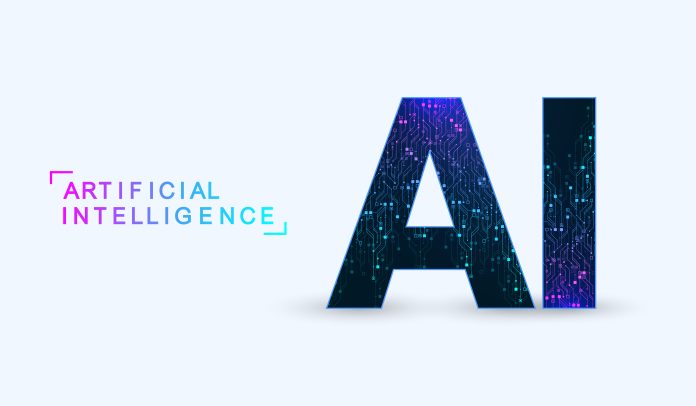Apple’s Senior Vice President of Services, Eddy Cue, took the witness stand on May 7 in the ongoing Google antitrust remedies trial. His testimony addressed the future of AI, its impact on tech giants like Apple and Google, and how rapidly advancing AI tools could eventually disrupt current market dynamics. Cue’s insights not only shed light on Apple’s position in the evolving AI landscape but also raise questions about the longevity of the iPhone.
AI’s Threat to the iPhone
In a bold prediction, Cue said that generative AI could eventually make the iPhone obsolete, just like Apple once discontinued the iPod. “You may not need an iPhone 10 years from now,” Cue stated, emphasizing how transformative AI can be. With over half of Apple’s revenue coming from iPhone sales, such a future shift could dramatically reshape the company’s core business.
He compared the iPhone’s potential decline to that of the iPod, describing Apple’s decision to end it as killing the “golden goose.” This statement underlines Apple’s recognition of AI as a technological wave that may redefine how users interact with devices and services.
AI as a Disruptive Technological Shift
Cue emphasized that generative AI is one of the most significant tech shifts in decades, capable of humbling even the most dominant companies. Reflecting on the past, he mentioned that many of the most successful tech giants from Silicon Valley’s early days — like Sun Microsystems and HP — either no longer exist or have lost relevance.
“We’re lucky, because honestly, if AI had not come about, I don’t know what you could do,” Cue said. This comment indicates Apple’s acknowledgment that AI is driving the next frontier of innovation and competition.
AI’s Potential to Disrupt Google’s Search Monopoly
During the testimony, Cue explained that while traditional competitors like Bing and DuckDuckGo are unlikely to break Google’s dominance, generative AI startups offer real disruption potential. These AI-driven search engines use large language models (LLMs) and are exploring novel approaches to information retrieval.
However, he also admitted that current AI search tools still lack the infrastructure, particularly a comprehensive search index, to match Google. “There is much greater potential because there are new entrants that are attacking the problem in a different way,” Cue noted.
Even though these AI tools aren’t ready to replace traditional search engines just yet, Cue acknowledged that combining LLMs with even a smaller, more targeted index could close the gap in the near future.
The Google-Apple Deal and Its Implications
One of the most notable parts of Cue’s testimony was his defense of Apple’s long-standing partnership with Google. The deal, which reportedly pays Apple $20 billion annually for keeping Google the default search engine on Safari, has come under legal scrutiny. A U.S. district court ruled that such agreements helped Google maintain an illegal monopoly in search.
Cue admitted that while the deal limits Apple’s flexibility, Google remains the best search engine available to customers. “We don’t really have a choice today,” he said, pointing out that even without a formal deal, users would still choose Google for its superior service.
Interestingly, Cue also acknowledged that Apple had little incentive to develop its own search engine because of its profitable arrangement with Google. “We can’t do everything,” he remarked, subtly admitting that the partnership had indeed influenced Apple’s strategic choices.
AI’s Impact on Search Behavior
Cue also revealed that Apple recently witnessed a decline in Safari search volume for the first time in 22 years. He attributed this drop to users turning to AI chatbots instead of traditional search engines. This shift suggests that user behavior is already evolving due to generative AI, which could accelerate future changes in the search landscape.
While the Department of Justice argues that Google should divest key properties like Chrome and share valuable search data, Google prefers less aggressive remedies. Meanwhile, Apple is considering adding more AI-powered search options to Safari, hinting at a more open and competitive future.
Conclusion
Eddy Cue’s testimony presents a critical perspective on how generative AI could reshape the tech world, not only threatening Google’s dominance in search but also putting Apple’s flagship product, the iPhone, at risk. While AI hasn’t yet reached the point of completely replacing traditional search or smartphones, the momentum is undeniable. For both Apple and Google, the AI revolution presents a challenge — and an opportunity — to evolve or risk becoming obsolete.













